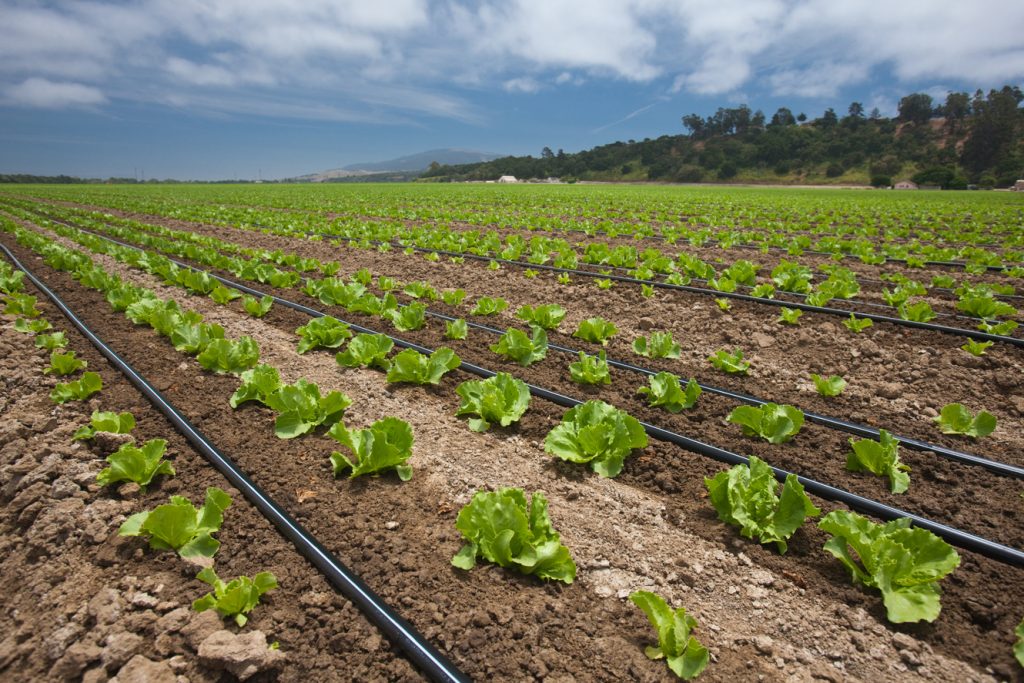Agriculture is the backbone of Africa’s economy, providing livelihoods for millions. However, challenges like water scarcity, unpredictable weather, and inefficient farming practices often hinder productivity. Enter drip irrigation—a game-changing technology that’s transforming the way farmers grow crops. In this article, we’ll explore why drip irrigation is the future of farming in Tanzania and across Africa, and how Kaptain Africa is leading the charge in bringing this innovation to farmers.

1. Water Efficiency: Saving Every Drop
Water is a precious resource, especially in regions prone to drought. Traditional irrigation methods, such as flood irrigation, waste significant amounts of water through evaporation and runoff. Drip irrigation, on the other hand, delivers water directly to the plant roots through a network of pipes, drippers, and emitters.
- Benefits:
- Reduces water usage by up to 60%.
- Ensures every drop is used efficiently.
- Ideal for arid and semi-arid regions like Tanzania.
By adopting drip irrigation, farmers can conserve water while ensuring their crops receive the hydration they need to thrive.
2. Increased Crop Yields: Growing More with Less
One of the most significant advantages of drip irrigation is its ability to boost crop yields. By providing a consistent and precise supply of water and nutrients, this system promotes healthier plant growth and higher productivity.
- Benefits:
- Improves crop quality and quantity.
- Reduces stress on plants caused by over- or under-watering.
- Enables year-round farming, even in dry seasons.
Farmers using drip irrigation have reported yield increases of up to 90%, making it a powerful tool for food security and economic growth.
3. Cost-Effective: Maximizing Profits
While the initial investment in drip irrigation may seem high, the long-term savings far outweigh the costs. By reducing water usage, minimizing labor, and increasing yields, drip irrigation offers a strong return on investment.
- Benefits:
- Lowers water and energy bills.
- Reduces the need for manual labor.
- Decreases fertilizer costs through precise nutrient delivery.
For smallholder and large-scale farmers alike, drip irrigation is a cost-effective solution that maximizes profits.
4. Environmental Sustainability: Farming for the Future
As the world grapples with climate change, sustainable farming practices are more critical than ever. Drip irrigation aligns perfectly with eco-friendly agriculture by minimizing water waste, reducing soil erosion, and preventing the leaching of fertilizers into water sources.
- Benefits:
- Promotes soil health by maintaining optimal moisture levels.
- Reduces the carbon footprint of farming operations.
- Supports biodiversity by conserving water resources.
By choosing drip irrigation, farmers can contribute to a greener, more sustainable future for Africa.
5. Adaptability: Suitable for Diverse Crops and Terrains
Whether you’re growing vegetables, fruits, or cash crops, drip irrigation is versatile enough to meet your needs. It’s also adaptable to various terrains, from flat fields to sloping landscapes.
- Benefits:
- Customizable systems for different crop types.
- Works well in both small gardens and large plantations.
- Easy to install and maintain.
Kaptain Africa offers a wide range of drip irrigation products, including drippers, laterals, and fittings, to suit every farming requirement.

Hi, this is a comment.
To get started with moderating, editing, and deleting comments, please visit the Comments screen in the dashboard.
Commenter avatars come from Gravatar.